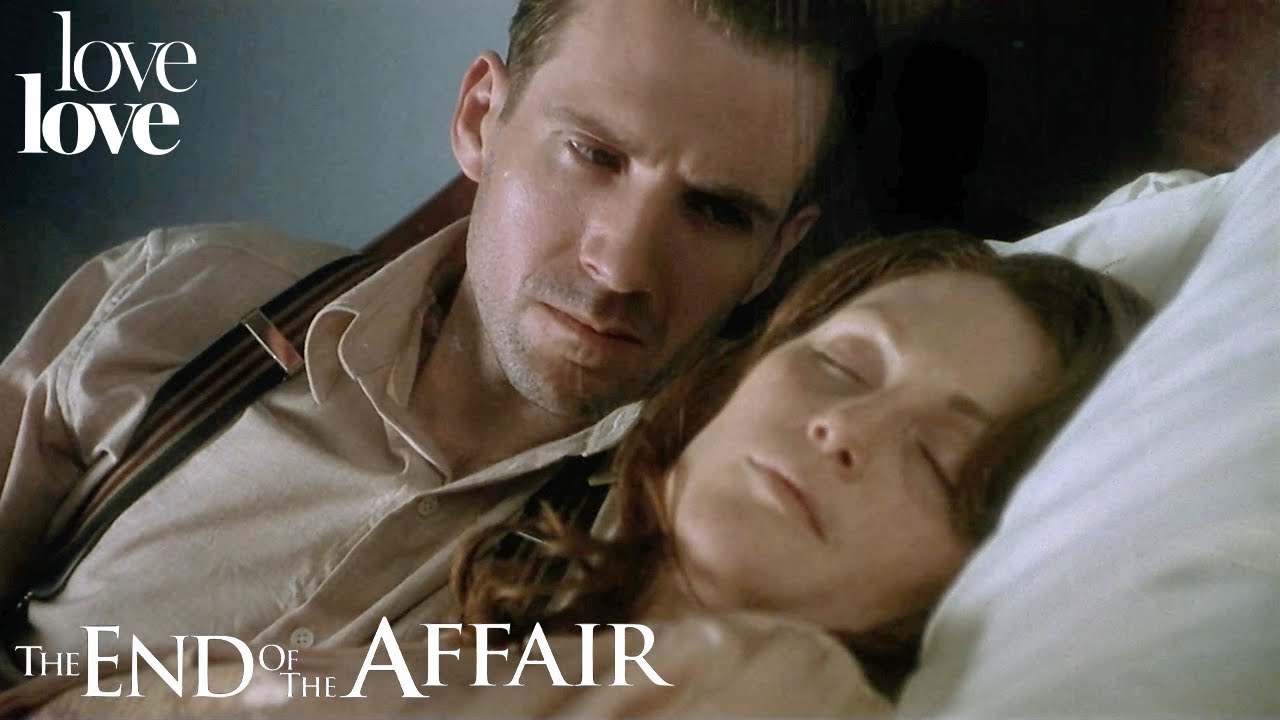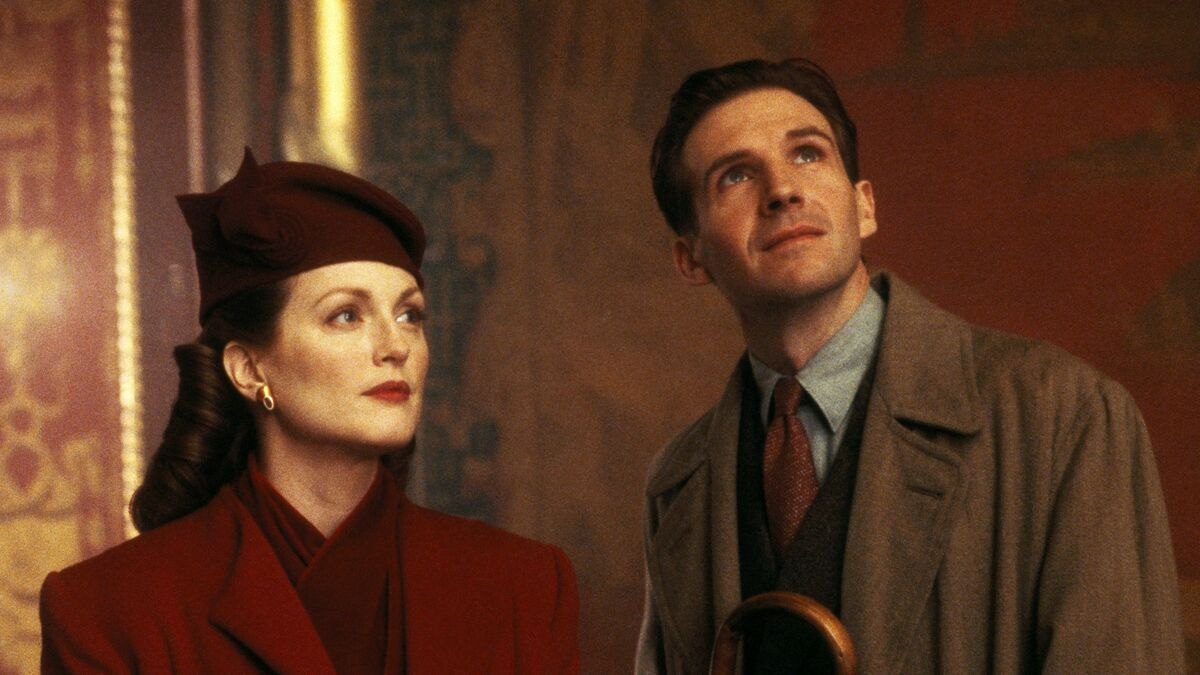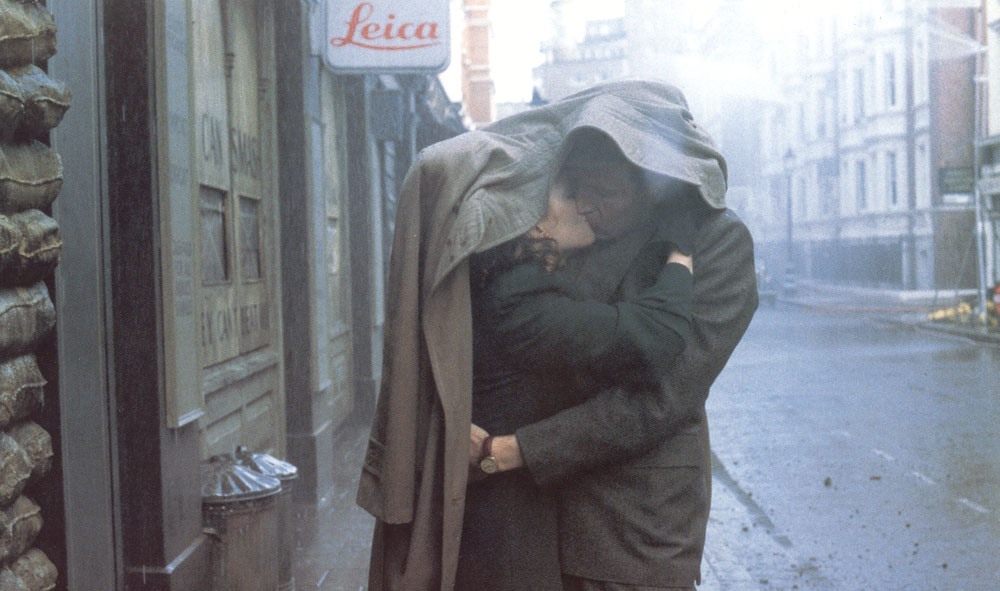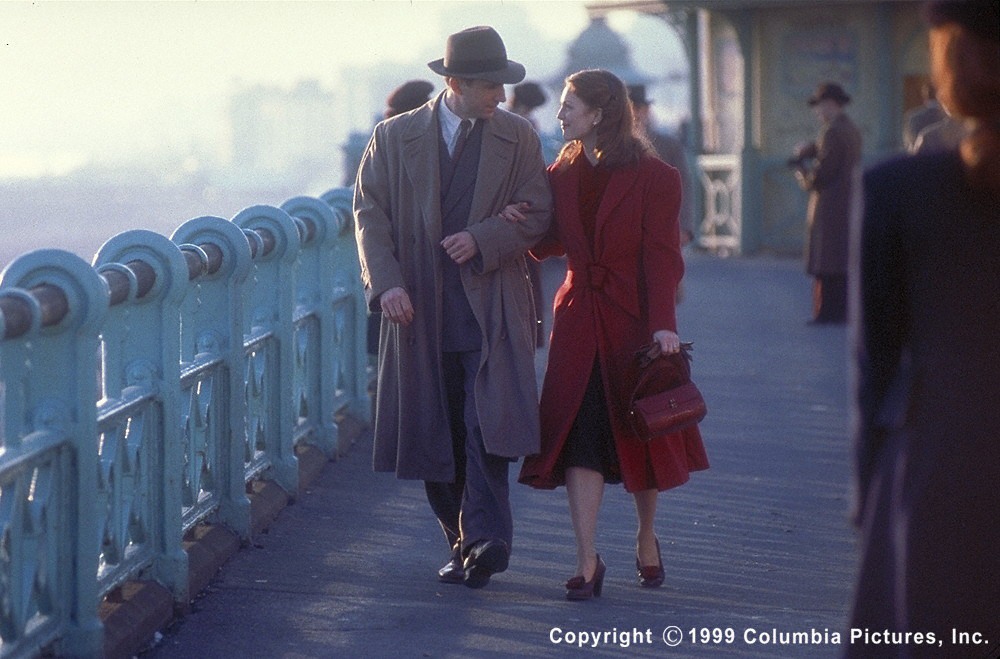The End of the Affair (1999)

The End of the Affair is a 1999 romantic drama film written and directed by Neil Jordan. Based on the 1951 novel by Graham Greene, the film stars Ralph Fiennes, Julianne Moore, and Stephen Rea in powerful performances that bring to life a story of forbidden love, jealousy, and heartache. Set in post-World War II London, the film explores the complexities of relationships and the destructive consequences of love, all while examining themes of faith, guilt, and redemption.
The film follows the turbulent affair between Maurice Bendrix (Ralph Fiennes), a novelist, and Sarah Miles (Julianne Moore), the wife of a civil servant named Henry Miles (Stephen Rea). Their passionate affair begins in secrecy and is fraught with intensity, but when Maurice is caught in a bomb blast and presumed dead, Sarah abruptly ends the relationship. A year later, Maurice is alive and determined to understand why Sarah left him so suddenly. As he investigates her actions and memories, Maurice uncovers deep emotional and spiritual conflicts that complicate their past and their relationship, leading to a tragic and heart-wrenching conclusion.
The film’s central characters are complex and multi-dimensional, with each actor delivering a remarkable performance. Ralph Fiennes portrays Maurice Bendrix as a man consumed by passion and jealousy. Maurice’s obsession with understanding why Sarah ended their affair drives much of the plot, and Fiennes captures the character’s emotional intensity and internal conflict. Julianne Moore’s portrayal of Sarah is equally powerful, as she portrays a woman torn between her love for Maurice and her sense of duty to her husband. Her character’s emotional struggle is central to the film’s exploration of faith and morality. Stephen Rea, playing Henry Miles, adds depth to the film as the loyal yet unaware husband, whose innocence contrasts with the emotional turmoil surrounding him.
At its heart, The End of the Affair explores the destructive power of love and obsession. Maurice’s inability to let go of his passion for Sarah becomes a driving force that leads to his emotional unraveling. His obsession with the reasons behind Sarah’s abandonment consumes him, highlighting the darker side of love and the lengths to which people will go to hold on to what they desire. The film also touches on the complexity of love within a marriage, as Sarah’s relationship with Henry is marked by loyalty, but also a deep sense of emotional detachment. This contrast between passionate love and emotional restraint is a key element in the unfolding drama.

Another central theme of the film is the role of faith and guilt. Sarah’s decision to end the affair is influenced by her religious beliefs, as she experiences guilt for betraying her husband. Her inner conflict reflects a struggle between love, desire, and spiritual faith. The film raises questions about the nature of faith, especially in the context of love and infidelity. Maurice, on the other hand, is initially indifferent to matters of faith but undergoes a personal transformation, confronting the guilt and emotional wounds of his own actions. In the end, the film suggests that redemption is possible, but it is complicated by the complexities of human relationships and desires.

Neil Jordan’s direction is a key factor in the success of The End of the Affair. The film is shot with a haunting and intimate atmosphere, using the war-torn London setting to reflect the emotional devastation of the characters. The visual style complements the film’s themes of memory and longing, with scenes that move fluidly between past and present. The music, composed by Michael Nyman, further enhances the emotional depth of the story, adding an evocative layer to the already poignant narrative. Jordan’s ability to weave together the themes of love, guilt, and faith through the visual and auditory elements of the film makes it a deeply immersive and emotionally charged experience.

In conclusion, The End of the Affair is a deeply moving and thought-provoking film about love, obsession, faith, and the painful consequences of human desire. With brilliant performances from Ralph Fiennes, Julianne Moore, and Stephen Rea, the film brings to life the emotional complexity of its characters and their relationships. Neil Jordan’s direction and screenplay beautifully capture the tragedy and heartbreak of a love that cannot be sustained. The film’s exploration of faith, guilt, and redemption adds layers of depth to its central themes, making it a poignant and unforgettable cinematic experience. For those who appreciate a tragic love story that goes beyond the conventional, The End of the Affair offers a powerful and compelling narrative.











